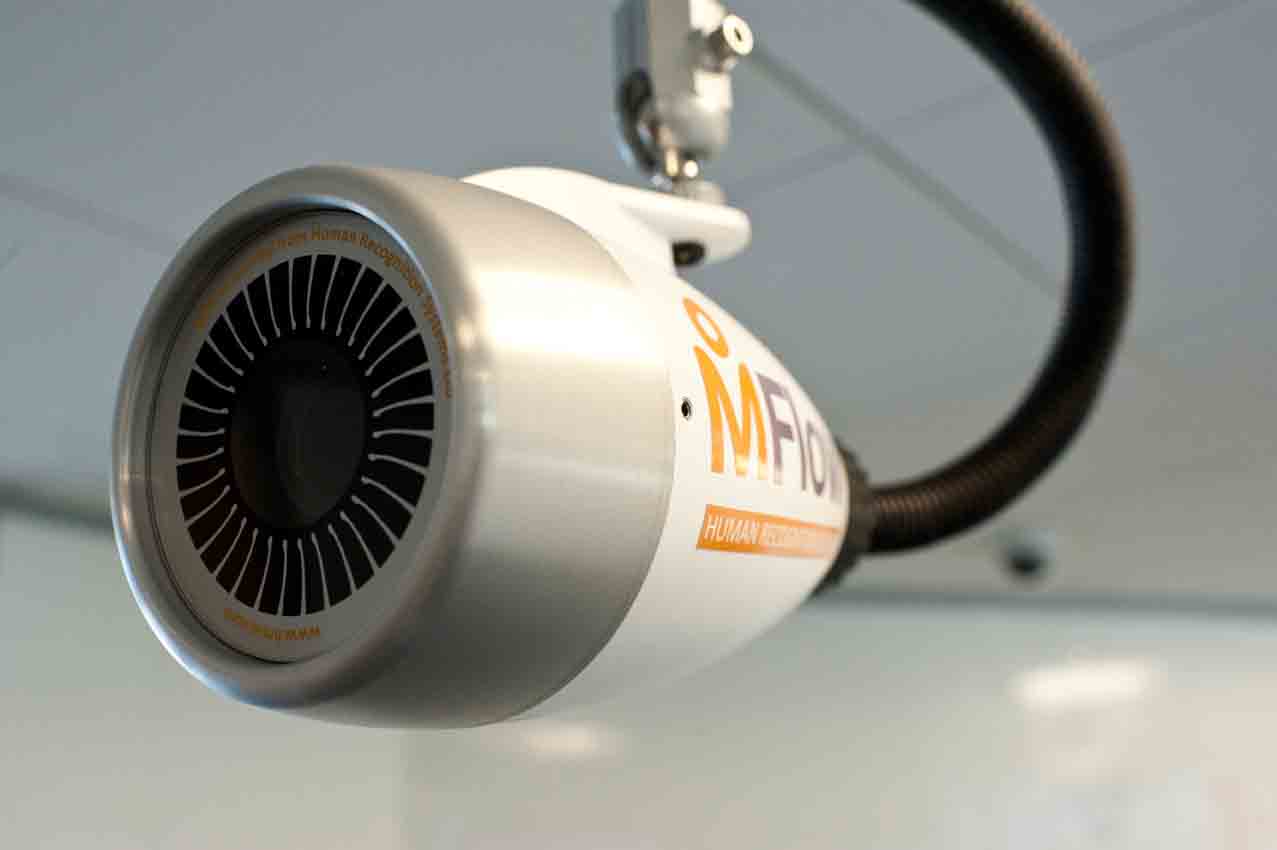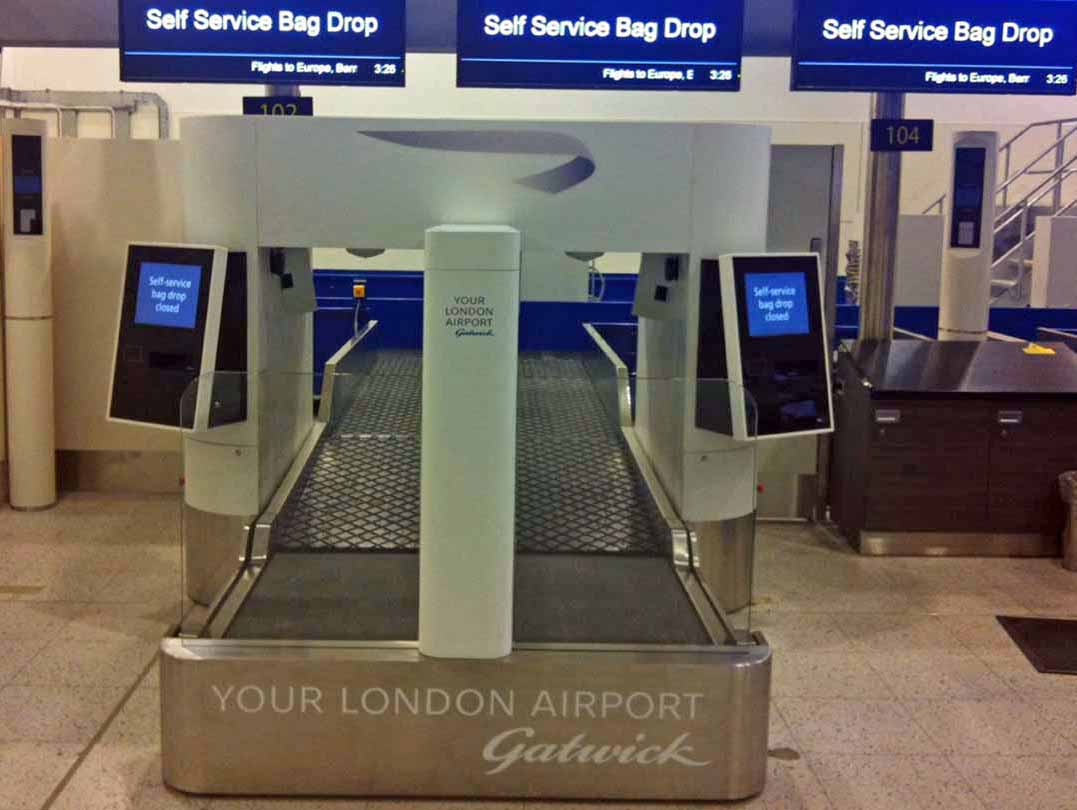Biometrics: The flight path to ticketless travel
| Company | Human Recognition Systems |
|---|---|
| Date | 17.07.2013 |
 Human Recognition Systems (HRS), a leader in total biometric solutions, has been working with some of the UK’s largest international airports for over 10 years and is behind some of the most groundbreaking face and iris recognition projects at airports including London Gatwick and Edinburgh Airport.
Human Recognition Systems (HRS), a leader in total biometric solutions, has been working with some of the UK’s largest international airports for over 10 years and is behind some of the most groundbreaking face and iris recognition projects at airports including London Gatwick and Edinburgh Airport.
HRS’ proven identify management solutions enable airports to deliver a personalised passenger experience while increasing security, operational efficiency and retail conversion. The company’s ultimate goal is for a biometric end-to-end enabled airport that supports the vision of ‘ticketless travel’.
“A fully biometrically-enabled airport has the potential to make the passenger journey much simpler and more secure. These solutions lead to huge operational efficiencies by increasing self-service automation and reducing footprint,” explains, Jim Slevin, Aviation Business Unit Manager at Human Recognition Systems. “The MFlow Journey solution deployed at Edinburgh Airport is a clear example of how biometrics drives efficiency.”
The state-of-the-art passive facial recognition system at Edinburgh Airport is designed to drive the airport’s passenger flow and queue management. The unique system measures and displays the journey time of people passing through security, providing real-time information on passenger numbers without reliance on WiFi or Bluetooth technology. As a result, the airport is able to react quickly to bottlenecks with additional staff or more screening lanes, which in turn improves the passenger experience by reducing queues and increasing the amount of time spent in retail areas.
“Having seen the successful implementation of MFlow Journey at other Global Infrastructure Partner operated airports, Edinburgh Airport was keen to use the system to reduce queuing times at peak hours,” explains Jim Slevin. “The system may be deployed as a complete end-to-end solution, from check in to departure, in combination with other products in the MFlow suite. Together they utilise a variety of proven biometric and analytic technology to deliver robust airport access control solutions and move us closer to ‘ticketless travel’.”
HRS’ world-first deployment of an automated self-service boarding system at London Gatwick also demonstrates this move towards ‘ticketless travel’. Enrolled passengers on selected flights were invited to use a biometric access control system that enabled them to use self-service bag drops and pass through automated e-gates to board the aircraft. By associating an encrypted iris photograph with the passenger’s boarding pass to simultaneously reaffirm a passenger’s identity, full compliance with aviation security regulations was assured.
The autoboarding project followed another earlier pioneering trial at London Gatwick that allowed HRS to showcase the potential for airport biometrics to personalise each person’s journey. Using facial recognition to identify the enrolled passenger at the car park barrier, they were automatically notified of relevant journey details – e.g. check-in desk number, tailored retail offers etc. – via a smartphone app. The personalised updates continued once inside as the passenger’s face was biometrically registered at specific waypoints.
 “Knowing who a customer is and having relevant information about that person provides numerous potential benefits and new opportunities for airports,” comments Jim Slevin. “For example, creating personalised journey information and retail offers, risk-based security screening and secure pre-border clearance at the point of departure.”
“Knowing who a customer is and having relevant information about that person provides numerous potential benefits and new opportunities for airports,” comments Jim Slevin. “For example, creating personalised journey information and retail offers, risk-based security screening and secure pre-border clearance at the point of departure.”
Without doubt, airports are increasingly turning to biometric solutions to help improve the passenger experience, create efficiencies, measure passenger flow and reduce passenger queue times. As such solutions become more commonplace within security and immigration, HRS predicts that there will be an increased willingness, and increasingly a necessity, from airports to adopt platform solutions to realise benefits across the airport.
As well as helping address the security and commercial challenges facing airports, end-to-end platforms that grow in functionality will have the capability to respond to the growing demand from passengers for fast and efficient self-service solutions and, in doing so, bring the aviation industry closer to a future of ‘ticketless travel’.
www.hrsid.com/aviation or call 0151 254 2888 for more information.
Contact
The Bunker
25 Innovation Boulevard
Liverpool
Merseyside
United Kingdom
L7 9PW
- 44 (0)333 456 2001
